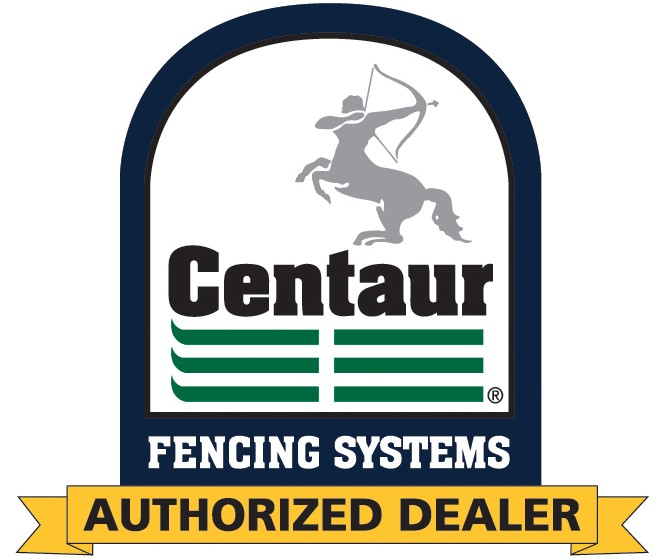Keeping Horses Safe with a Strong, Secure Fence
Posted by Austin Allgaier on
A secure horse fence is essential to ensuring that your horses stay safe and sound. They keep unwanted animals and people out while preventing the horses from running off into the street or the woods. However, there are some safety tips to keep in mind when you're allowing horses to run around in a fenced-in area.
Know Your Horses
Horses all have their own temperaments. Some get scared more easily, and others are more wild and unpredictable. Knowing the temperaments of each individual horse allows you to adjust the way that you treat and watch them while they wander around or while you're riding them through the field.
Know Your Property as Much as Possible
Even owners of relatively small fields should be extremely familiar with their land to keep their horses safe. Soft, loose and sandy soil may be difficult or even dangerous to go through, certain spots may get washed out in rainy weather, and you may even get confused on where your boundaries actually lie or where certain parts of the fence were installed. Inspect your land as much as possible, take note of where possibly hazardous areas may be and make efforts to repair or block off dangerous spots as much as possible.
Get Horses Used to the Property
Horses should be slowly introduced to new land to allow them to become familiar with the layout and the various terrain that might be there. They might discover a nice comfort zone, a good place to rest and fun places to run. More importantly, this will also allows stressed out horses to get used to their new surroundings and relax. If it's a horse's first few times out on the property, turn off electric fences to prevent accidental electric shocks.
Regularly Check the Fences
Make it a habit to walk around the property and inspect the fences to ensure that they're undamaged. Electric fences will also need to be inspected to ensure that there aren't any shorts in the line, dangerous exposed wires or spots of damage to prevent injury to people, the horses and local wildlife. Check for rotting posts, broken or cut links in chain link fencing, holes underneath the fence, signs of aggressive animals, signs of attempted trespassing and more.
Ensure Electric Fences Are Well-Grounded
Most problems with electric fences occur because the fence isn't properly grounded. Not only does this cause malfunctions in the fencing, but it may also pose a serious safety risk to anyone who touches the fence. Ensure that you follow installation instructions exactly as they're presented in the manual. If you're still experiencing ground issues, double check the areas where the fence is grounded, and call for a professional repair service is problems continue. Here at Redstone Supply, we'd be happy to help walk you through setting up a proper grounding system for your hot rail or white lightning fence systems.
Keep Everyday Care Items Away from Electric Fences
Horses can easily get accidentally shocked by electric fences if their water troughs, hay or food pails are near an electric fence. Accidental electric shocks not only cause pain to the horse, but they also cause a lot of undue stress, may cause them to accidentally kick or run over something nearby and may make them anxious to go near the area again. If necessary, isolate some areas with pieces of plywood or other protective barriers to help prevent accidental shocks even further.
Make Rolling Spots Far From the Fence
Some horses like to roll near the fence, and this causes both a safety hazard to the horses if it's an electric fence and a risk of damage to regular fences. Pick out some spots safe from the fences and put down a good amount of sandy dirt. Introduce your horses to the spot and encourage them to roll there instead.
Build Fences with Some Give
More flexible fences are a good idea to help prevent injuries to horses if they accidentally run into it. Flexible fences can provide just as much protection as a solid fence if they're built with strong yet springy materials, and they're perfect for playful horses and foals. This is the reason that Centaur's horse fencing was built the way it was.

Avoid Creating Corners and Traps
Horses never like to feel cornered, especially if a particularly dominating horse is a part of your herd and sharing the field at the same time. Try to keep more aggressive and dominating horses away from others as much as possible. You may even want to separate feeding and water troughs to help preventing instances of bullying. Ensure that hay and water are also kept out of areas where they can be trapped away from the other horses by the dominating horse.


